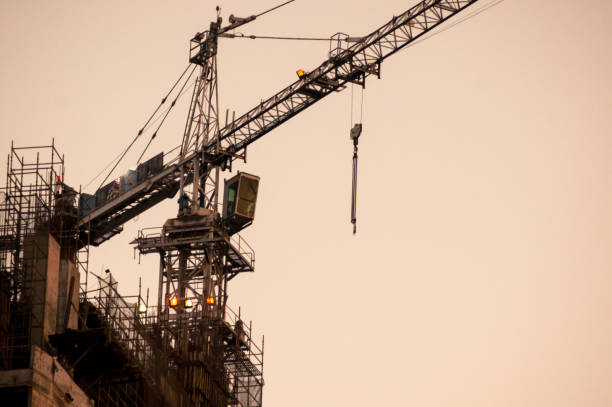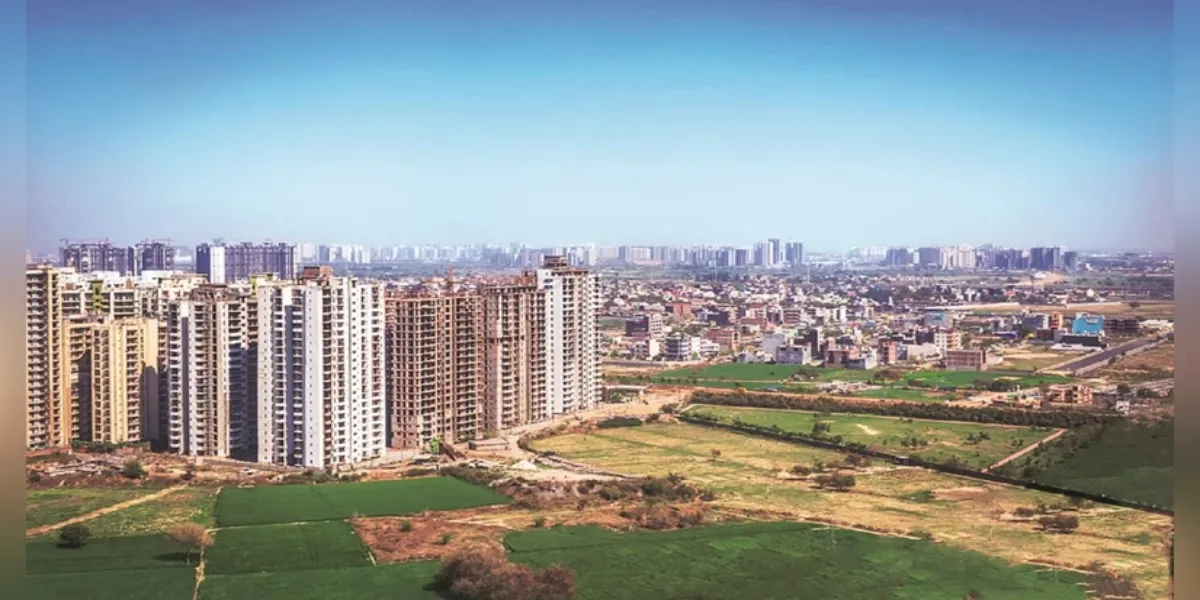
Covid-19 restrictions have not stalled construction in Mumbai in FY22

Servotech Wins 2.58 MW Solar Project From South Eastern Railway
Servotech Renewable Power System Ltd., one of India’s leading renewable energy companies, has secured a 2.58 MW grid-connected rooftop solar project from the South Eastern Railway, Ranchi Division. The contract marks another milestone in Servotech’s partnership with Indian Railways and underscores the continued confidence in the company’s technical expertise and execution capabilities. Under the agreement, Servotech will oversee the complete execution of the solar PV project, including design, manufacturing, supply, installation, testing, and commissioning of solar panels of varying cap..

WorkEZ Opens First Managed Office Centre In Bengaluru
Work Easy Space Solutions Private Limited (WorkEZ), one of South India’s leading managed office space providers, has announced the launch of its first centre in Bengaluru — WorkEZ TECHSHIRE. Located in the city’s prime technology corridor at Bellandur–Outer Ring Road (ORR), the new facility marks a major milestone in WorkEZ’s expansion journey. Spread across approximately 200,000 square feet, TECHSHIRE offers more than 3,300 premium workstations, community and breakout zones, stadium-style step seating, advanced meeting rooms, and a dedicated cafeteria. Designed to achieve LEED cert..

Lodha Acquires Rs 23 Billion Land For New MMR Housing Project
Real estate major Lodha Developers Ltd has acquired a land parcel in the Mumbai Metropolitan Region (MMR) during the July–September quarter to develop a housing project with a gross development value (GDV) of Rs 23 billion, strengthening its expansion drive in key urban markets. With this acquisition, Lodha Developers has achieved its FY26 land acquisition target, having secured multiple projects with a combined revenue potential of Rs 250 billion. In its Q2 FY26 operational update, the company stated: “In Q2 of FY26, we added one project with a GDV of Rs 23 billion in MMR.” Lodha did ..
















